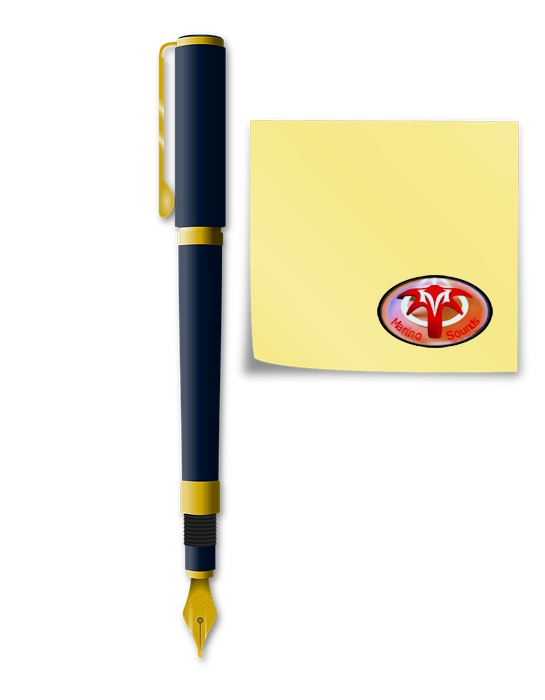Commissioned art can be some of the best art in the world. It offers a lot of enjoyment, and artists can create outstanding work from commissioned projects. However, in order for both parties to be satisfied with the outcome, there needs to be effective communication throughout different stages of the project. For an artist, it can be a dream come true to work on a commission until they realize that they have to let go of their own vision and execute someone else’s. While the original works might have landed the commission, those pieces were created from personal inspiration. As the new piece takes shape, this is not necessarily the case. Asking questions for clarification is necessary to create the right piece.
Once the piece is completed, it is important for the artist to learn as much as possible about the client and check-in. Getting carried away with self-imposed ideas can be detrimental at this stage. One can become preoccupied with the potential for more creativity. The client also needs to understand the expectations of the piece. If they want something that exists only in their mind and cannot effectively express it, the outcome is unlikely to be very accurate. If the client cannot draw, write, or communicate their desires effectively, communication breaks down, and there is no way the artist can meet those expectations.
If you are the buyer of the art and you fail to communicate your desires effectively, it’s important to understand that a little creative flexibility may be required. Making excessive demands creates a working relationship that simply won’t function. The creation should be reviewed by the buyer throughout the entire process to ensure that it aligns with their vision. Additionally, the client should not constantly ask the artist to scrap the piece and start over.
Commissioned art can bring joy to the buyer and be a great career move for the artist as long as both parties understand that the final piece is a reflection of how well the communication went throughout the project. This is the primary issue that needs to be addressed in a manner that is responsible and effective, depending on the level of commitment each party takes in their role in the communication efforts.
In conclusion, working on commission, creating a work of art based on specific requirements for someone other than yourself, is entirely different from selling a completed piece at a show, gallery, or outside the studio. Selling a completed work of art is a transaction; creating a work of art on commission for another party is a relationship. Never confuse the two. From your end, the key to successfully working on commission is your ability to be flexible and communicate with the person who hires you. A commission relationship is only successful when you respond effectively to the other party’s concerns, demands, and requirements, which hopefully are not excessive and unrealistic. In other words, if you don’t work well with people, don’t take commissions.
Manuel Marino is a seasoned Senior Producer, Music Composer, and Artist with over a decade of experience. He specializes in branded entertainment across various mediums, including video games, films, and advertising campaigns. With 20+ years as a game music composer, Manuel has worked on numerous platforms, creating diverse orchestral soundtracks. HIRE ME


 Manuel is a passionate, driven, and techsavvy AV technician,
Manuel is a passionate, driven, and techsavvy AV technician, 










